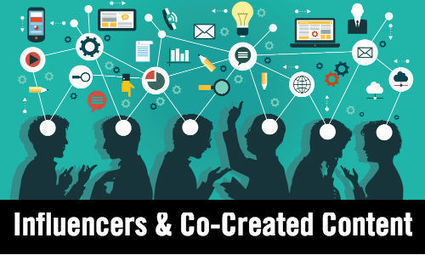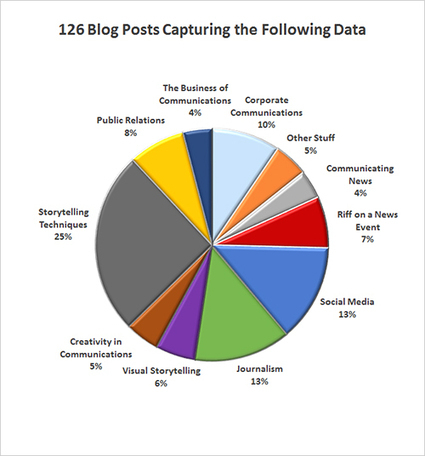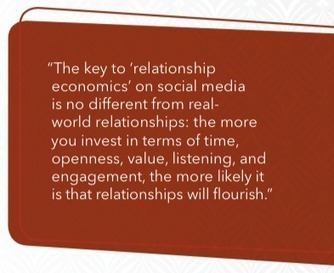Influencer Marketing was a hot topic in 2014 and will continue to gain momentum in 2015 for both B2C and B2B marketers, especially when it comes to content co-creation.
Why the warm and fuzzy for influencer content you ask? According to CMI and MarketingProfs, over 90% of B2B marketers are investing in content marketing. Yet, in an age of information overload where 74GB of data are delivered per person, per day (USC), standing out to business buyers can require unreasonable budgets and resources.
Inspired by the need to scale content marketing performance, a growing number of B2B marketers are creating better quality content that gets shared more often, reaches more prospects and grows their influencer network – all at the same time. How so? Through influencer content programs....
Via Jeff Domansky



 Your new post is loading...
Your new post is loading...















Useful resource for content marketing and thought leadership.
aggiungi la tua intuizione ...